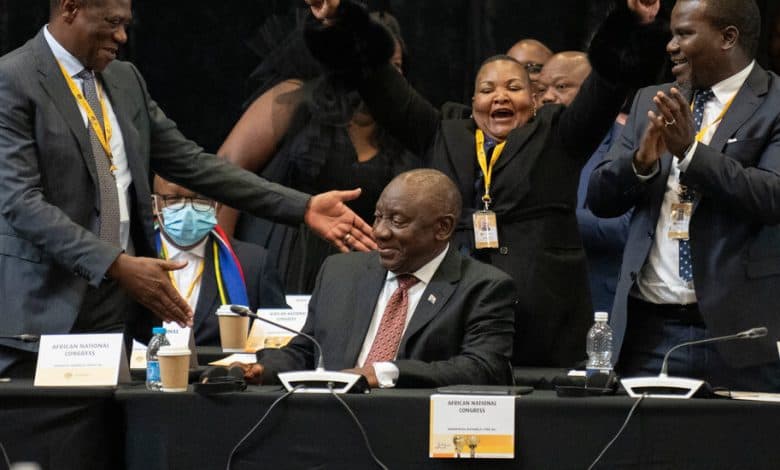As President Takes Oath, 4 Challenges for South Africa’s New Government

President Cyril Ramaphosa of South Africa is scheduled to be sworn in on Wednesday for a second term, launching an administration that will be unlike any the country has experienced since apartheid ended in 1994.
For the first time, Mr. Ramaphosa’s party, the African National Congress, or A.N.C., will have to govern in partnership with rival political parties because it failed to win an absolute majority in last month’s election — getting just 40 percent of the vote.
Mr. Ramaphosa has touted a new era of unity and collaboration. Not everyone is sold.
The partnership includes the second-largest party, the Democratic Alliance, which got 22 percent of the vote and has long positioned itself as the fiercest of the A.N.C.’s critics. The three other parties that have joined the coalition each won less than 4 percent of the vote: the Inkatha Freedom Party, the Patriotic Alliance and GOOD.
A statement of basic principles — for what the parties are calling a “government of national unity” — signed by the five coalition partners includes their policy priorities. But the document is light on specifics.
How will they kick-start a sluggish economy? Will they continue with affirmative action policies vigorously favored by the A.N.C. but vehemently opposed by the Democratic Alliance? What about the contentious issue of racial disparities in land ownership?
Here are four challenges that South Africa’s new government will face.
A rocky start could threaten the future.
